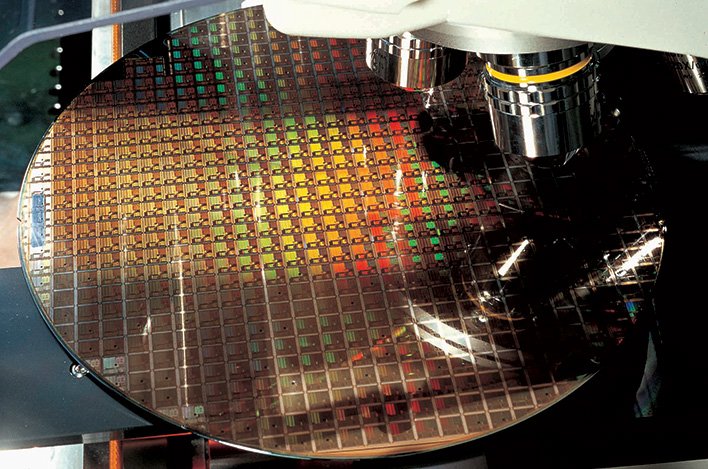Intel Chases Billions In Subsidies As It Scouts European Locations For Chip Fab Expansion

Part of that commitment to capturing a competitive edge is to ensure that it has state-of-the-art fab facilities on hand to meet its chip production needs, and the needs of future customers. With its Intel Foundry Service (IFS), the company aims to provide fab capacity to customers within the United States and across Europe. "We think of Germany as a good candidate -- not the only, but a good candidate -- for where we might build our fabrication capabilities," said Intel CEO Pat Gelsinger in an interview with Politico.

That is all well and good, but Intel isn't about to foot the entire bill for building a new fab in Europe. Just as is common practice in the United States, Intel is looking for healthy incentives before it breaks ground in Europe. The company is looking for subsidies to the tune of $9.7 billion to accomplish this goal. However, it's already a tall order for Intel to maintain a competitive and economic edge over rival semiconductor companies by going to Europe given the favorable tax incentives and lower labor costs associated with its Asian rivals like Samsung and TSMC.
"What we're asking from both the U.S. and the European governments is to make it competitive for us to do it here compared to in Asia," Gelsinger added. Some European companies that Intel is courting for its eventual European foundry include Deutsche Telekom, Volkswagen, and BMW. Auto manufacturers have been hit heavily by worldwide chip shortages, which has resulted in reduced vehicle production (and profits). So, these manufacturers are brimming at the prospect of alternative suppliers, even though it will likely be years before any European Intel fab comes online.
Besides Europe, Intel is also looking to expand its fab capacity and advanced process nodes here at home as part of its $20 billion Integrated Device Manufacturing (IDM) 2.0 initiative. It has plans for new fabs at its Ocotillo, Arizona campus, bringing as many as 15,000 new jobs to the area.

